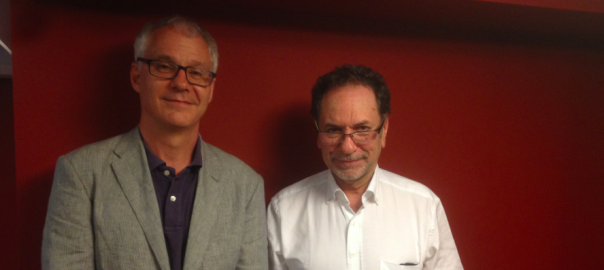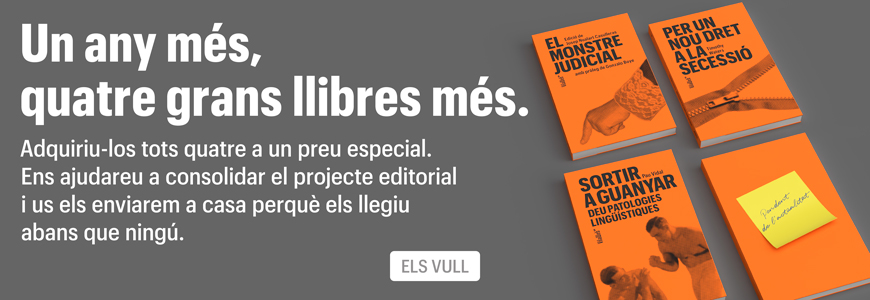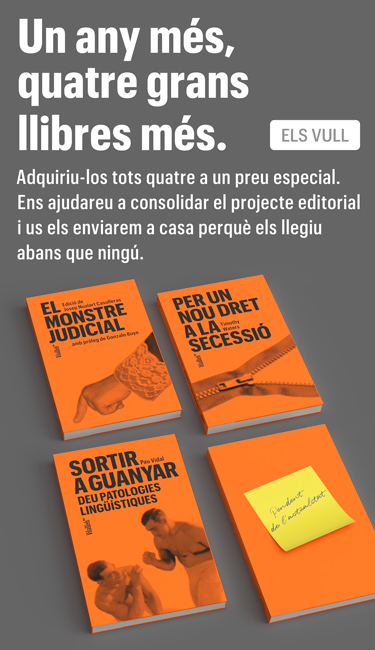20.07.2016 - 10:32
|
Actualització: 20.07.2016 - 12:32
In the Spanish Civil war from 1936 to 1939, 35,000 members of the International Brigade came to Spain to fight against General Franco’s fascism. They came from all over the world: the United States, Switzerland, Italy, Hungary and Poland, among other countries. Most of them were leftists fighting for their ideals. ‘One-third of them died,’ says Robert S. Coal, a Professor of Hispanic Studies at the University of Rouen (Normandy) and a representative of the Abraham Lincoln Brigades Archive in Europe. The Lincoln Brigade was made up of volunteers from the United States. ‘This war was the first time that the Jews and Blacks of the United States, for example, were able to fight against their fascist oppressors with weapons in hand. They weren’t allowed to do so in their home countries. They came for this reason, too,’ says Coal. One example was Emmanuel Mink, a Polish Jew who fought throughout the entire war, from 1936 to 1939. Yesterday the Generalitat de Catalunya invited his son, George Mink, to speak about his father. Mink was one of the speakers at the colloquium entitled ‘1936-1030; Memory of the Civil War’. Just a few hours later, VilaWeb interviewed him in a hotel in the city centre.
—Where was your father born? How is it that he came to fight in the Spanish Civil War from 1936 to 1939?
—My father was born in Poland. It was very important for him to flee from the religious atmosphere. His parents were Orthodox Jews, and he became politicised. He was a communist sympathiser. It was his way to flee from his family’s religious atmosphere. He joined the Communist Party, but he ultimately had to leave the country, which was bristling with anti-Semitism. He came and went from the border with Germany and ended up staying there. In Germany he became aware of the repression that the Jews had been suffering from under Hitler since 1933. He saw it with his own eyes. And he ended up fleeing.
—So from there did he go to Barcelona?
—No. He went from Germany to Belgium, and then he ended up in France. In France he joined a sports club where the majority of members of leftists. He was a football player. And he decided to come to Barcelona to participate in the People’s Olympiad, the games that were being organised in Barcelona to counterbalance the Olympics that Hitler was hosting in Germany. Now he came to express his rejection of Hitler’s Olympics, sure, but he also came to help the Spanish Republic, which he knew was going through a hard time. The Communist Party was organising the Olympiad, and they were highly politicised people. I think that he arrived in Barcelona on the 17th of July with false papers. He must have come by train. My father told me how he immediately liked the city, the atmosphere here… and the climate! The sun! Coming from the north, he thought it was an amazing place.
—So the very day he was supposed to participate in the People’s Olympiad, the fascist soldiers attacked. And Barcelona became enmeshed in a war.
—Yes. And unlike many other athletes who immediately left, my father decided to stay and fight. He was 26 years old. He fought throughout the entire war. He was the last officer from his battalion to leave the country. The last one. First he joined the Del Barrio column, but later he ended up joining the International Brigades. And finally he was part of a company made up only of Jews, the Botwin Company, where many members spoke Yiddish. It was named after the Jewish communist Botwin, who had been executed in Poland for having killed a police infiltrator.
—Where did your father fight? Do you know?
—He fought in the Battle of the Ebro River for sure, and most likely in Madrid, Albacete and Jarama as well if we trace the comings and goings of his company. Two and a half years fighting. He told me only the good memories: paella, girls, revolutionary Barcelona, the power of the working class. To my father, those were the best years of his life. Yes, the war from 1936 to 1939 were the best years of my father’s life. The best ones. He always said that this was the first place that Jews took up weapons against fascism. For the first time they didn’t just stand there with their arms crossed. He came to do that. And there was another thing: my father ended up in Auschwitz concentration camp. He spent two and a half years there. So now I would ask you: what would you rather remember? The war here or Auschwitz?




